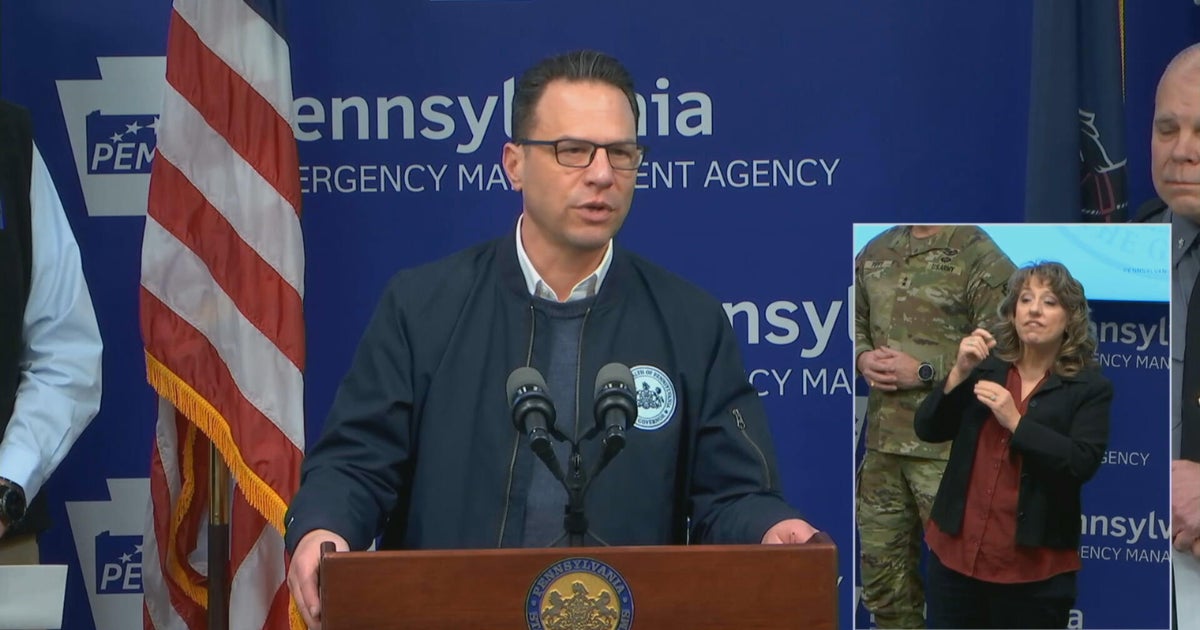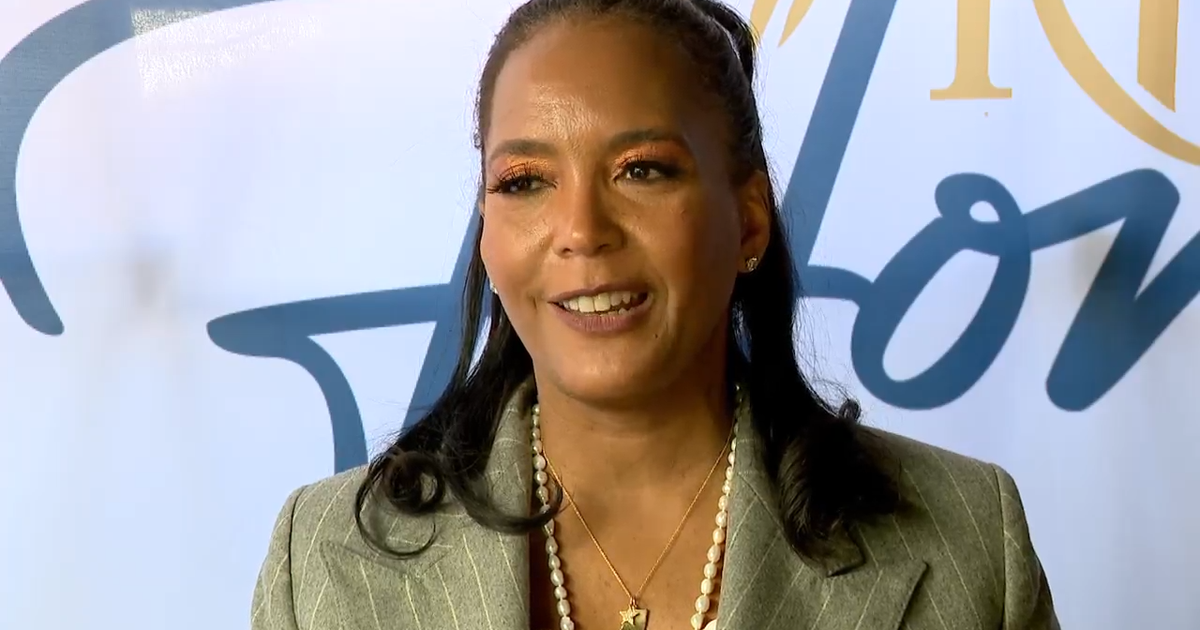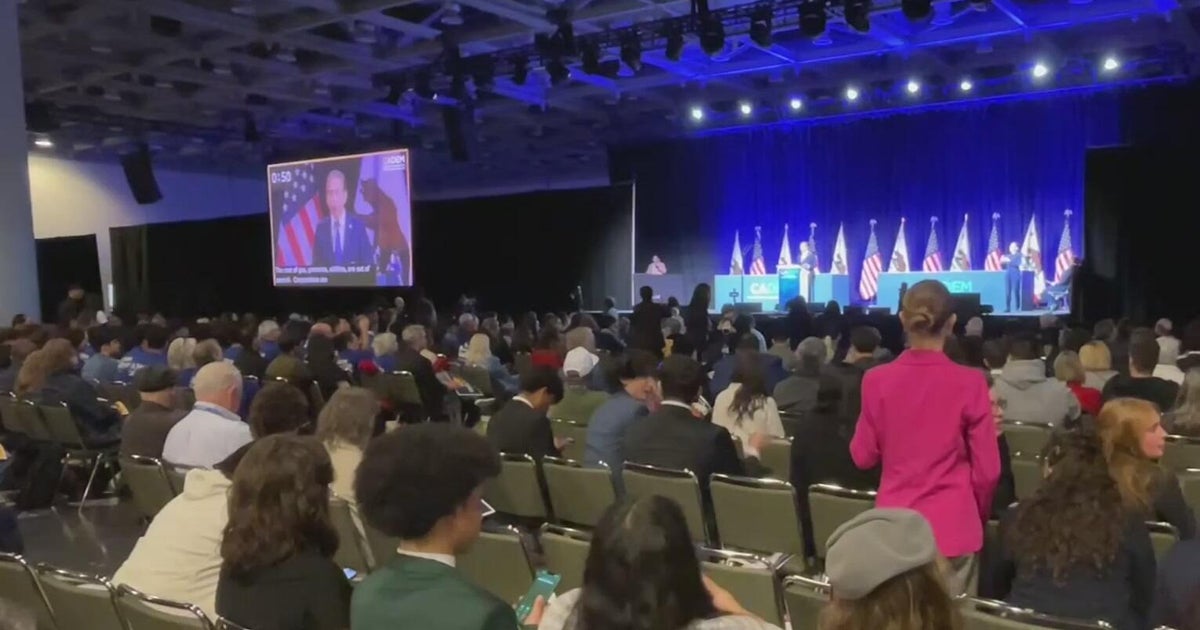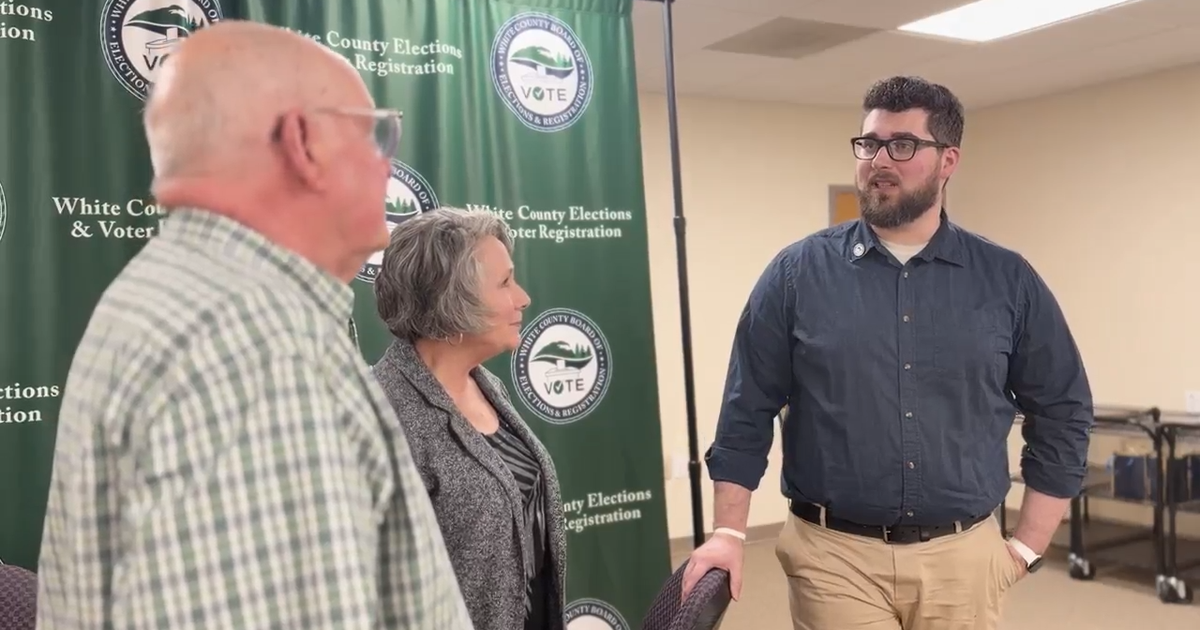Roe. v Wade overturned: What's next in Pennsylvania?
PITTSBURGH (KDKA) — The Supreme Court on Friday overturned Roe v. Wade, the ruling that established the constitutional right to abortion.
Now, abortion rights are taking front and center stage in the race for governor of Pennsylvania. The race pits pro-abortion rights Democrat Josh Shapiro against Republican Doug Mastriano, who wants to ban all abortions even in cases of rape, incest and the health of the mother.
As a state Senator, Mastiano is sponsoring the so-called heartbeat bill, which would prohibit abortions after a heartbeat is detected in the fetus.
"I'm hopeful that when we get Doug Mastriano in office as governor, we will definitely be making that change. We'll be protecting children across Pennsylvania," Republican state Rep. Aaron Bernstine said.
To date, the threat of the governor's veto has thwarted all Republican attempts to limit abortion rights in the state. And as governor, Shapiro said he would continue to veto all bills restricting abortion, including Mastriano's bill.
"I want you to know that he will champion that bill, I will veto that bill when it reaches my desk and keep abortion legal here in Pennsylvania," Shaprio said,
Though Friday's ruling does not immediately impact the right to an abortion, the overturning of Roe means challenges are coming, including one to change the state constitution to ban abortion and stop government funding. The bill would not require a governor's signature and would put the issue up for a referendum.
In a statement, Mastriano said: "Roe v. Wade is rightly relegated to the ash heap of history. As the abortion debate returns to the states, Pennsylvania must be prepared to lead the nation in being a voice for the voiceless."
But the divisions remain.
"It is an incredibly dark day for America," Democratic state Rep. Emily Kinkead said.
"Today, a whole lot more babies are going to be happy than those who were slaughtered since Roe v. Wade was started," Bernstine said.
The ruling returns the issue of abortion to the states. And here in Pennsylvania, it will remain a hot-button issue for the foreseeable future.






